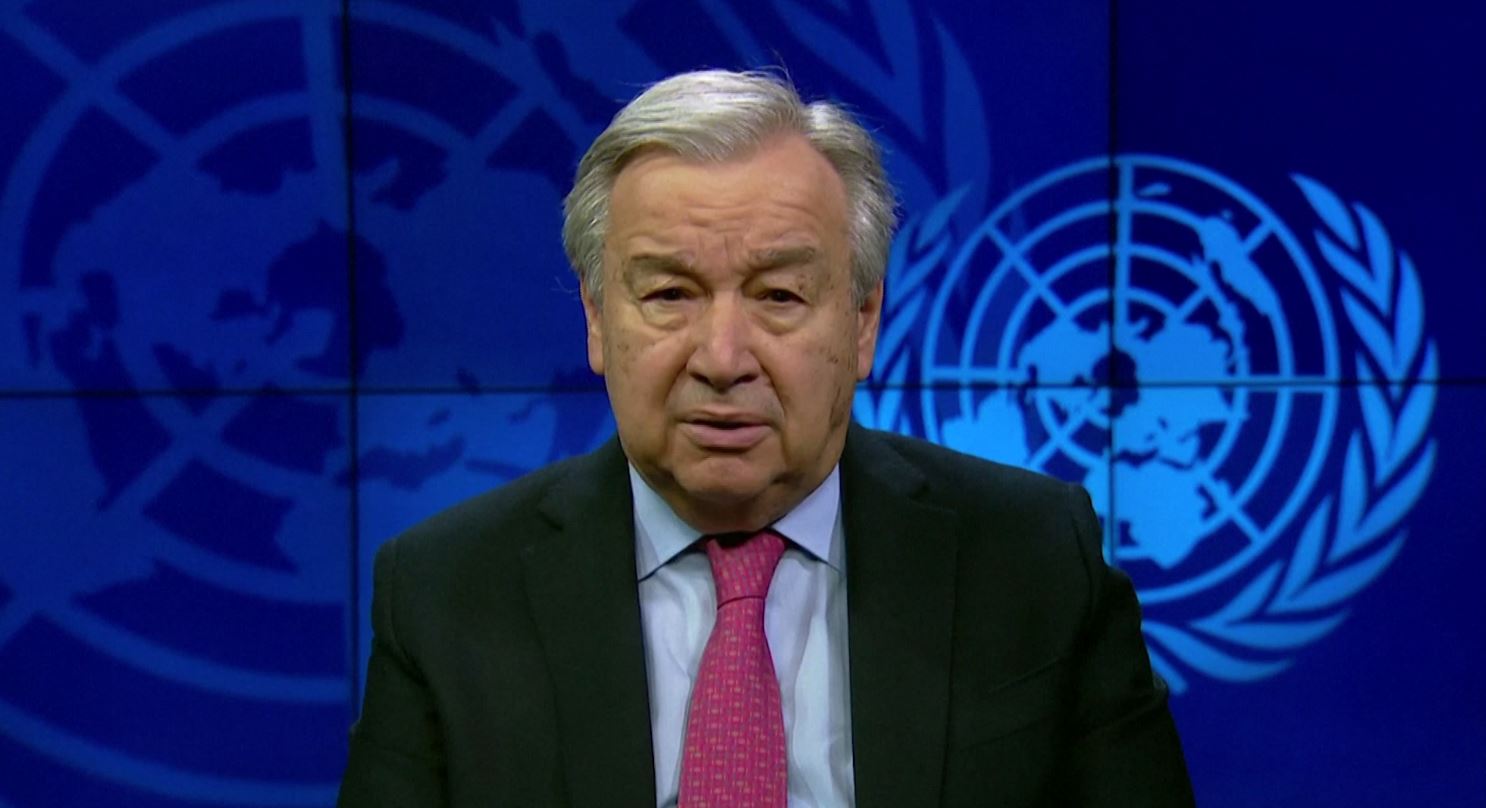The UN Reports Need the People to Shape Up before the World Burns Down
INTERNATIONAL: Drastic cuts to fossil fuel use. Growing forests and eating less meat. These are just some of the actions needed in this decade to contain global warming to 1.5 degrees Celsius above preindustrial temperatures, a major report by the U.N. climate science agency said on Monday (April 4).
Despite climate change warnings issued by the Intergovernmental Panel on Climate Change (IPCC) since 1990, global emissions have continued to rise in the last decade, reaching their highest point in history.
The result: global emissions are on track to blow past the 1.5 degrees C warming limit envisioned in the 2015 Paris Agreement, and reach some 3.2 degrees Celsius by the century's end.
UN Secretary-General Antonio Guterres said, “This report of the Intergovernmental Panel on Climate Change is a litany of broken climate promises. It is a file of shame, cataloging the empty pledges that put us firmly on track towards an unlivable world. We are on a fast track to climate disaster: Major cities under water. Unprecedented heatwaves. Terrifying storms. Widespread water shortages. The extinction of a million species of plants and animals. This is not fiction or exaggeration. It is what science tells us will result from our current energy policies.”
At this point, only severe emissions cuts in this decade across all sectors, from agriculture and transport to energy and buildings, can turn things around, the report says. Even then, governments would also need to bolster efforts to plant more trees and develop technologies that could remove some of the carbon dioxides already in the atmosphere after more than a century of industrial activity.
"We left COP26 in Glasgow with a naive optimism, based on new promises and commitments,” said Guterres, adding that “current climate pledges would (still) mean a 14% increase in emissions. And most major emitters are not taking the steps needed to fulfill even these inadequate promises."
He said that the high-emitting governments and corporations are “adding fuel to the flames” based on their vested interests and historic investments in fossil fuels. They broke their promises.
“Unless there are immediate and deep emissions reductions across all sectors, limiting warming to 1.5 degrees will be beyond reach,” IPCC report co-chair Jim Skea told a news conference, marking the launch of the last report in a three-part series by the IPCC, with the next review cycle not expected for at least another five years.
Russia Continues to Support Myanmar with Their Military-Technical Cooperation
INTERNATIONAL: Myanmar's military continues to receive support from arms suppliers in Russia as the southeast Asian country’s armed forces intensify a crackdown on civilians and those opposing its rule.
Two high-ranking police officers, who have resigned from their position to become the latest to join the Civil Disobedience Movement (CDM) against military rule, confirmed that military cooperation has continued between Russia and Myanmar who signed military-technical cooperation in 2018. Under the deal, Myanmar had to deploy some volunteer soldiers to Russia to participate in the ongoing Russian war on Ukraine.
Because of the sanctions imposed on Myanmar by Western countries in the junta era, Myanmar was forced to buy weapons from Russia, according to one ex-air force captain. Myanmar uses Russian fighter jets to destroy resistance forces.
They added that the military used Russian-made MI-35 helicopters, jet fighters, submarines, and other military Russian equipment to launch airstrikes in Myanmar, mainly in multiple ethnic states like Sagaing, Karenni, and Kayin, leaving a lot of people killed and wounded.
Although Russia and Myanmar have a close and important relationship, the ex-officer said that Russia would hide the support and gear it provides for the Myanmar military from the public.
The Indigenous People in Brazil United to Defend Their Land and Rights
INTERNATIONAL: Hundreds of indigenous people began gathering in the Brazilian capital on Monday (April 4) for a 10-day protest camp to defend their land rights and oppose a government bill in Congress that would allow mining and oil exploration on their reservations.
Organizers are hoping to gather 7,000 people from 200 of Brazil's 305 tribes to press Congress not to pass legislation proposed by far-right President Jair Bolsonaro that would open their protected lands to commercial mining and agriculture.
Warriors in feathered headdresses with their bodies painted with the black and red dyes of Amazon fruit seeds danced chanting ritual songs as they put up tents on the grassy esplanade next to government ministries in central Brasilia.
Sonia Guajajara, head of the country's main indigenous umbrella organization, the Articulation of Indigenous Peoples (APIB) which represents most of Brazil's 900,000 indigenous people, said they wouldn't back down.
President Jair Bolsonaro has said indigenous people have too much land, holding up the development of the country, and vowed not to recognize an inch more of reservation lands. Environmentalists say the reservations save the rainforest from destruction.
Guajajara said 13% of Brazil's territory is protected indigenous reservation land, with 98% of that in the Amazon region. But 400 indigenous communities are still struggling to get their ancestral lands recognized.
Chief Albiranan said that he wanted to make it known that the indigenous people were the first inhabitants of Brazil. The world should know that they aren’t dead that they are living history that they are a living book.
Bill 191 is being fast-tracked in the lower house of Congress by lawmakers allied to the government who argue that it is needed to extract potash for fertilizer for Brazil's grain crops that depend on imports disrupted by the Ukraine war.
The legislation, backed by the powerful farm lobby, would also allow hydroelectric dams to be built on indigenous lands.
























